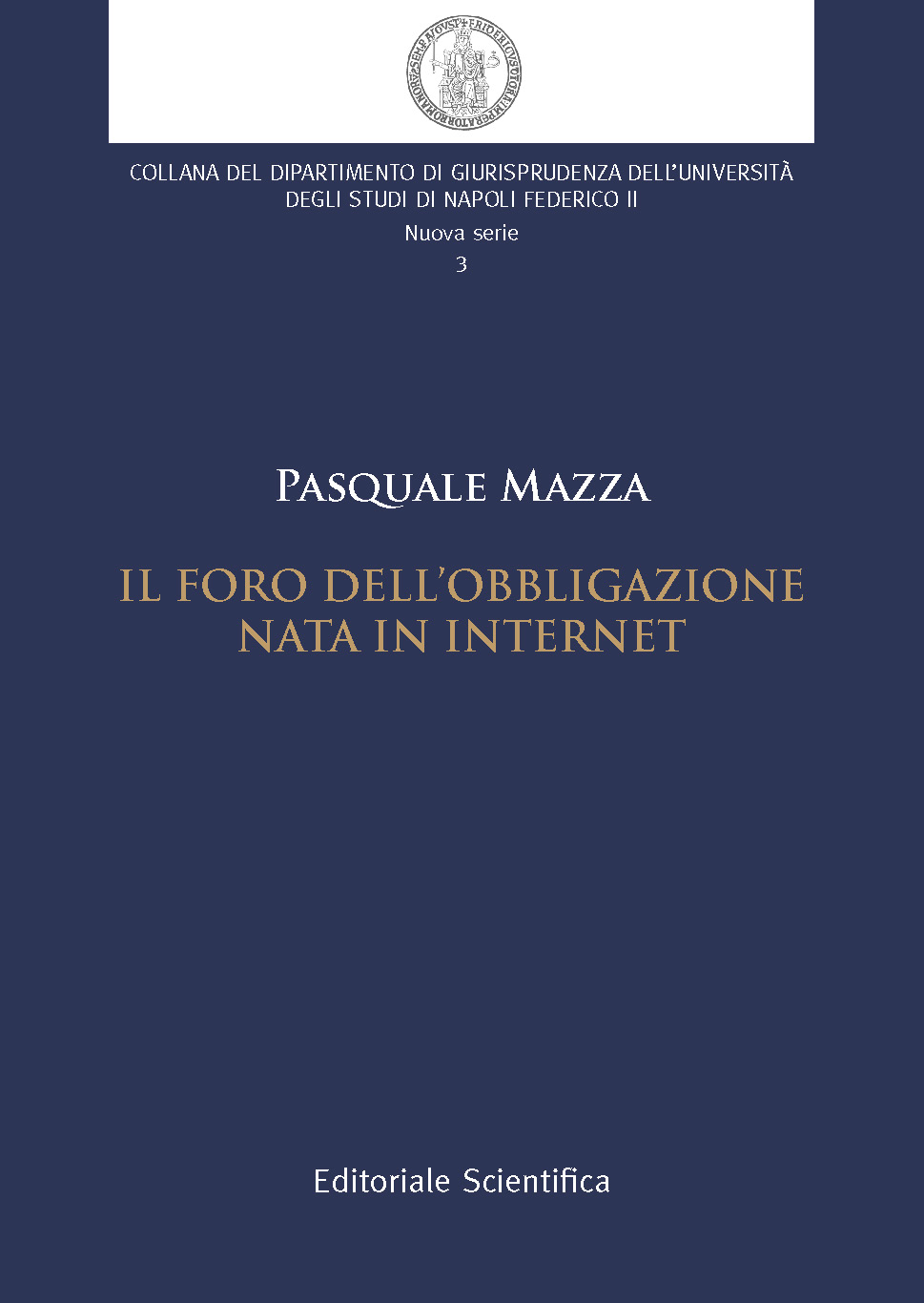Views
How to Criticize U.S. Extraterritorial Jurisdiction (Part II)
Written by Bill Dodge, the John D. Ayer Chair in Business Law and Martin Luther King Jr. Professor of Law at UC Davis School of Law.
There are better and worse ways to criticize U.S. extraterritorial jurisdiction. In Part I of this post, I discussed some shortcomings of a February 2023 report by China’s Ministry of Foreign Affairs, “The U.S. Willful Practice of Long-arm Jurisdiction and its Perils.” I pointed out that the report’s use of the phrase “long-arm jurisdiction” confuses extraterritorial jurisdiction with personal jurisdiction. I noted that China applies its own laws extraterritorially on the same bases that it criticizes the United States for using. I argued that the report ignores significant constraints that U.S. courts impose on the extraterritorial application of U.S. laws. And I suggested that China had chosen to emphasize weak examples of U.S. extraterritoriality, such as the bribery prosecution of Frédéric Pierucci, which was not even extraterritorial.
In this post, I suggest some better ways of criticizing U.S. extraterritorial jurisdiction. Specifically, I discuss three cases in which the extraterritorial application of U.S. law appears to violate customary international law rules on jurisdiction to prescribe: (1) the indictment of Huawei executive Wanzhou Meng; (2) the application of U.S. sanctions based solely on clearing dollar transactions through U.S. banks; and (3) the application of U.S. export controls to foreign companies abroad based on “Foreign Direct Product” Rules. The Ministry of Foreign Affairs report complains a lot about U.S. sanctions, but not about the kind of sanctions that most clearly violates international law. The report says much less about export controls and nothing about Meng’s indictment, which is odd given the tensions that both have caused between China and the United States. Read more
How to Criticize U.S. Extraterritorial Jurisdiction (Part I)
Written by Bill Dodge, the John D. Ayer Chair in Business Law and Martin Luther King Jr. Professor of Law at UC Davis School of Law.
China has been critical of U.S. extraterritorial jurisdiction. In February, China’s Ministry of Foreign Affairs issued a report entitled “The U.S. Willful Practice of Long-arm Jurisdiction and its Perils.” In the report, the Ministry complained about U.S. secondary sanctions, the discovery of evidence abroad, the Helms-Burton Act, the Foreign Corrupt Practices Act, the Global Magnitsky Human Rights Accountability Act, and the use of extraterritorial jurisdiction in criminal cases. The report claimed that U.S. extraterritorial jurisdiction has caused “severe harm … to the international political and economic order and the international rule of law.”
There are better and worse ways to criticize U.S. extraterritorial jurisdiction. The Ministry of Foreign Affairs report pursues some of the worse ways and neglects some better ones. In this post, I discuss a few of the report’s shortcoming. In a second post, I discuss stronger arguments that one could make against U.S. extraterritorial jurisdiction. Read more
International child abduction: navigating between private international law and children’s rights law
In the summer of 2023 Tine Van Hof defended her PhD on this topic at the University of Antwerp. The thesis will be published by Hart Publishing in the Studies in Private International Law series (expected in 2025). She has provided this short summary of her research.
When a child is abducted by one of their parents, the courts dealing with a return application must consider several legal instruments. First, they must take into account private international law instruments, specifically, the Hague Child Abduction Convention (1980) and the Brussels IIb Regulation (2019/1111). Second, they have to take into account children’s rights law instruments, including mainly the UN Convention on the Rights of the Child.
News
Call for Papers: Contributions on Regulatory Initiatives on Ecodesign and Sustainable Products to the Journal of Law, Market & Innovation (JMLI)
We are happy to share the following call for papers by the Journal of Law, Market & Innovation (JMLI):
The JLMI invites contributions on the subject of “Regulatory Initiatives on Ecodesign and Sustainable Products”, to explore the legal frameworks, challenges, and opportunities related to ecodesign, with the goal of fostering an in-depth understanding of how it can influence economic growth and how it will be integrated in the current legal framework. This Special Section invites scholarly contributions examining the role of emerging sustainability initiatives, introducing new sustainability requirements and responsibilities, particularly in the EU regulatory framework. Read more
Out Now: Mazza, ‘Il foro dell’obbligazione nata in internet’
An impressive Italian monograph of more than 400 pages on jurisdiction in internet cases (‘Il foro dell’obbligazione nata in internet’) has just been published.
The author has kindly provided the following summary:
The book addresses the topic of civil jurisdiction over disputes arising on the Internet, observing it from different perspectives. In the first chapter the Author delves into the United States case law on the so-called “Internet torts”, reaching the conclusion that solutions based on the targeting test could be usefully employed to draft an international convention with the aim of establishing rules in the current confusing scenario. In the second and third chapters the doctrine of forum non conveniens and the phenomenon of libel tourism are explored in-depth. The fourth chapter examines the main decisions issued by the CJEU concerning jurisdiction over contractual and extracontractual liability (including cases such as eDate, Bolagsupplysningen, Pammer, etc.), while the fifth chapter is focused solely on Italian procedural rules and case law. In the last two chapters, starting from the assumed need to ensure the effectiveness of judicial remedies, the problems of the extraterritorial scope of online content removal orders as well as important EU Regulations (mostly the Digital Services Act and the GDPR) are examined, with finally a part on the “Schrems saga” and the EU-US agreements on the transfer of personal data (including the EU-US Data Privacy Framework).
ZEuP – Zeitschrift für Europäisches Privatrecht 1/2025
A new issue of ZEuP – Zeitschrift für Europäisches Privatrecht is now available and includes contributions on EU private law, comparative law and legal history, legal unification, private international law, and individual European private law regimes. The full table of content can be accessed here: https://rsw.beck.de/zeitschriften/zeup.
 The following contributions might be of particular interest for the readers of this blog: Read more
The following contributions might be of particular interest for the readers of this blog: Read more


